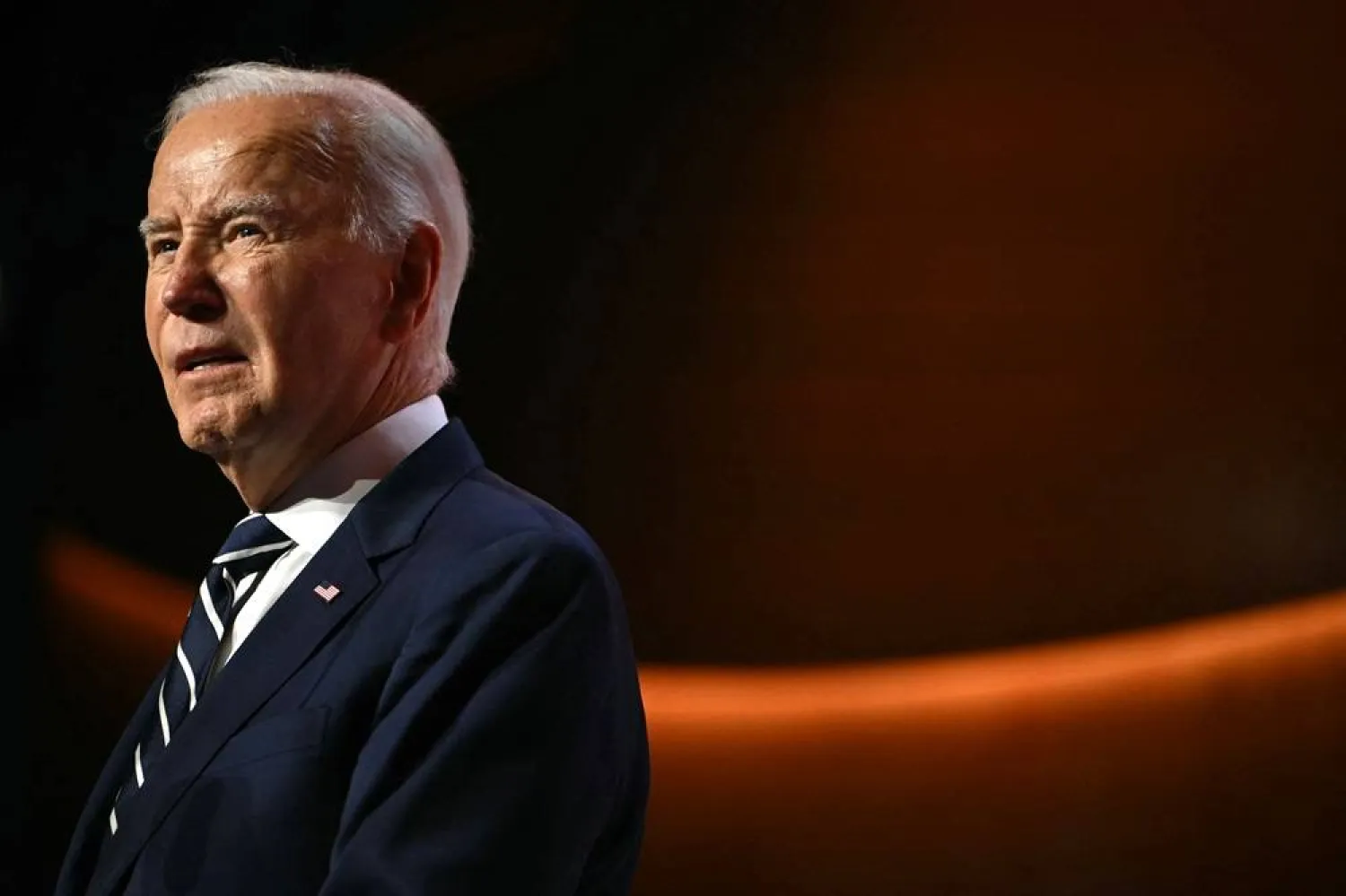US President Joe Biden said on Wednesday an all-out war was possible in the Middle East but there was also the possibility of a settlement in Israel's conflicts in Gaza and with the Iran-backed Hezbollah in Lebanon.
"An all-out war is possible, but I think there's also the opportunity - we're still in play to have a settlement that can fundamentally change the whole region," Biden said in an appearance on ABC's "The View."
Biden, in New York this week for UN General Assembly meetings, has been working to calm tensions as the nearly yearlong war between Israel and Palestinian group Hamas in the Gaza Strip now threatens to engulf Lebanon.
Israel widened its airstrikes in Lebanon on Wednesday and shot down a missile Hezbollah said it fired at the Mossad spy agency near Tel Aviv.
The US president, a staunch longtime ally of Israel, has pushed for a two-state solution in the Israel-Palestinian conflict and said he has openly disagreed with Israeli Prime Minister Benjamin Netanyahu on the issue.
"I don't agree with his position. There needs to be a two-state solution," Biden said. "It needs to happen."
Biden said once ceasefires are secured with Hezbollah and in Gaza, then attention can be turned to the West Bank.
"It's possible, and I'm using every bit of energy I have ... to get this done. There's a desire to see change."









